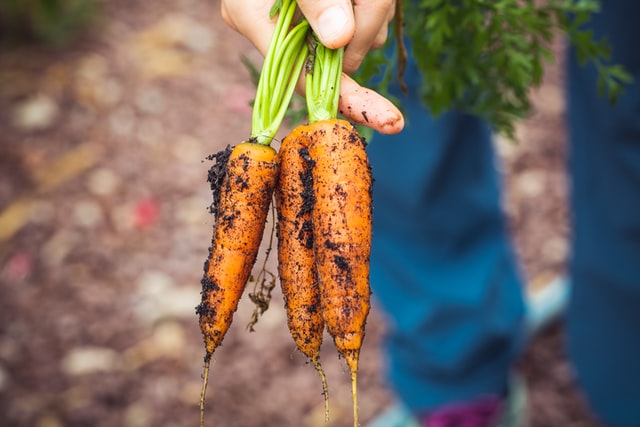How do organic farming practices relate to soil health
This article will review how do organic farming practices relate to soil health? Because it is a severe case since synthetic fertilizers ruin the integrity of foods. Therefore, we should learn the effects of organic agriculture on healthy Soil and foods. Organic farming practices mainly work by using compost. Organic farming helps the Soil grow healthy food better for families, animals, and more.
In 2019, the United States attained around 44.7 million euros from organic food.
We know Soil is the skin of the earth where you have to grow the plants or practice organic farming; therefore, without it or healthy Soil, it is not possible to attain healthy crops.
In addition to this, crop rotation is also used to increase the Soil’s fertility by increasing the aeration and percolation of water. This enhances soil health and Quality by saving it from erosion or weeds.
How do organic farming practices relate to soil health?
Following are some essential organic farming practices explained below;
Organic matter
Organic matter, especially compost, increases the water uptake capability of the Soil and aeration. Also, the Soil with higher organic matter will be saved from erosion. Another good thing about organic farming practices is the supply of nitrogen, oxygen, potassium, and sulfur, which plants mainly require for proper nourishment. Therefore, less availability of these mentioned nutrients will lessen the growth of the crops, which results in decreasing the yield.
Nitrogen fixation
We know that Nitrogen and Carbon dioxide is dangerous for the environment when released in larger quantities. However, organic farming practices help them trap and hold the Soil. Nitrogen fixation is commonly done in legume crops because they contain nitrogen-fixing bacteria.
Nitrogen holding
Due to organic farming methods, plants such as soybeans and beans can hold nitrogen because of the formation of smaller roots. It is noticeable in legume crops since they have small nodules on the sources that extract nitrogen from the Soil.
The use of cover crops
The crops grown on the lands to save them from erosion are cover crops. It is mainly practised in the off-season to protect the Soil when no crop is grown. Furthermore, and most importantly, the biomass produced because of the cover crops returns to the Soil, thus enhancing the fertility and organic matter. Apart from preventing the Soil, these cover crops are also used for animal grazing. Typical crops for grazing are ryegrass, wheat, sorghum, millet, oat, alfalfa, Australian winter pea, and many more.
Presence of Carbon in Soil
Soil usually contains organic carbon formed by the decaying of animals, microbes, and organic compounds such as sugar, starch, protein, etc. Being a significant component of Soil, it helps water retain water effectively and increases the Soil’s fertility. However, the carbon present in the atmosphere will be hazardous to the environment and lead to ozone layer depletion, resulting in higher temperatures. Additionally, the brown colour of the Soil is because of excessive amounts of soil organic carbon.
Try to reduce pesticides
Pesticides are used to control pests that cause harm to crops. These include all herbicides, insecticides, fungicides, and a lot. These kill the dangerous pests and suffer valuable microorganisms in the Soil. Due to this reason, Soil fertility downgrades; therefore, it is recommended to avoid the excessive use of pesticides to retain soil fertility and keep the beneficial microorganisms safe from killing.
Conclusion
We have clarified, How do organic farming practices relate to soil health? Simply healthy Soil can lower food scarcity by providing the mandatory Quantity of food to the hungry world. Organic farming works to conserve Soil and its essential internal organisms from endangering.
Fortunately, greenhouse gases reside inside the Soil due to wrapping crops; thus, environmental problems will be reduced.
Overall, organic farming is superior and vital correlated to inorganic farming methods where manufactured fertilizers are manipulated for cultivating the crops forcefully.
Read More: How to talk to your grown daughter about her weight

